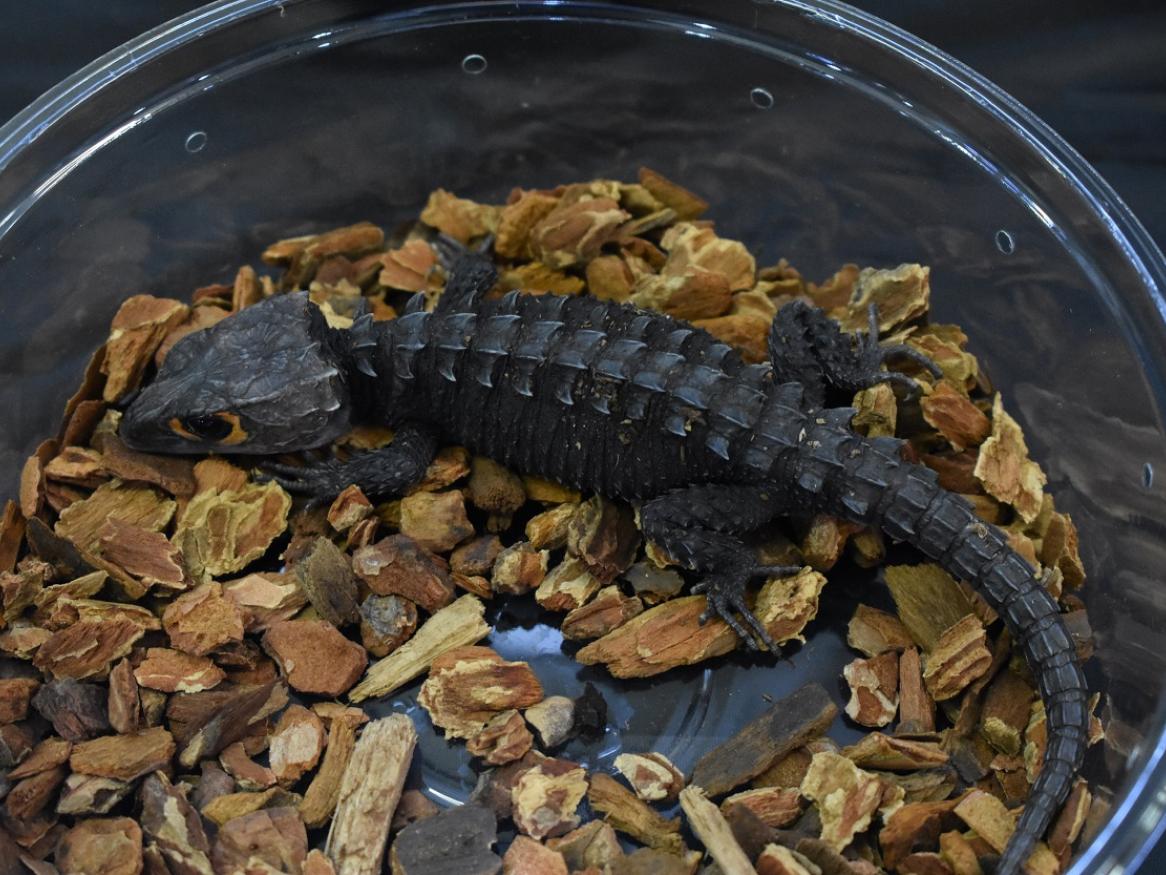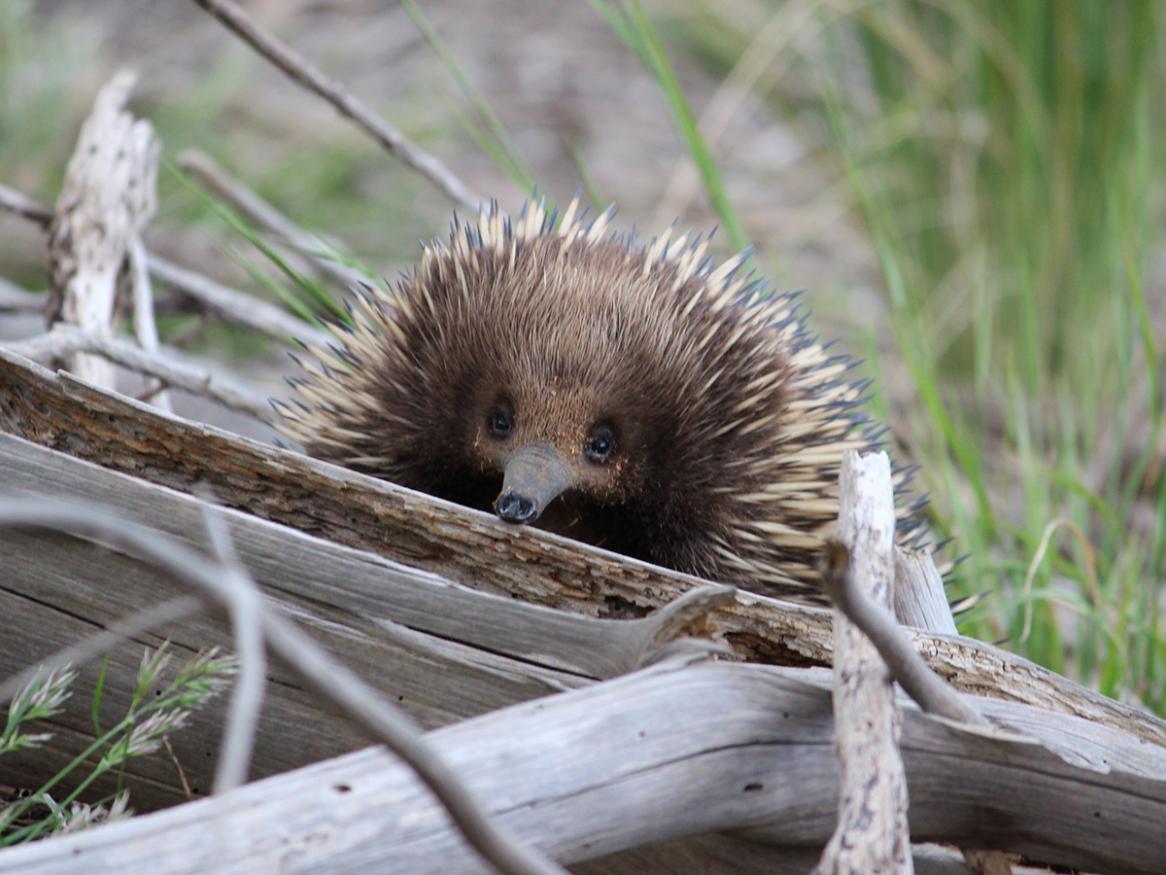News: biological sciences
Why don’t larger dogs live as long as smaller breeds?

Scientists have for the first time explained why larger dogs have shorter lifespans than smaller dogs - selective breeding for size has made large breeds more susceptible to cancer.
[Read more about Why don’t larger dogs live as long as smaller breeds?]
There’s something fishy about flake sold in South Australia

It is a popular takeaway choice at fish and chip shops, but new research has revealed threatened species of shark are being sold as flake at some outlets across South Australia.
[Read more about There’s something fishy about flake sold in South Australia]
Island tiger snakes’ skulls adapt to eat large sea bird chicks

A study by researchers from the University of Adelaide and other institutions has found that in a population of island tiger snakes the bones in their jaws increase in length after feeding on large prey, while their mainland counterparts show no change.
[Read more about Island tiger snakes’ skulls adapt to eat large sea bird chicks ]
Researchers find the snake clitoris

An international team of researchers, led by the University of Adelaide has provided the first anatomical description of the female snake clitoris, in a first-of-its-kind study.
Wildlife trade threatening unprotected animals

International trade in animals not regulated by multilateral agreements is putting them under increasing threat. More than three times the number of unregulated animal species are being imported into the United States compared to the number of regulated species.
[Read more about Wildlife trade threatening unprotected animals]
Alien organisms – hitchhikers of the galaxy?

Scientists warn, without good biosecurity measures ‘alien organisms’ on Earth may become a reality stranger than fiction.
[Read more about Alien organisms – hitchhikers of the galaxy?]
High CO2 to slow tropical fish move to cooler waters

A new study from the University of Adelaide shows that the ocean acidification predicted under continuing high CO2 emissions may make cooler, temperate waters less welcoming.
[Read more about High CO2 to slow tropical fish move to cooler waters]
Fish sex organs boosted under high-CO2

Research from the University of Adelaide has found that some species of fish will have higher reproductive capacity because of larger sex organs, under the more acidic oceans of the future.
Genomes reveal new insights into iconic Aussie animals

The genomes of egg-laying monotreme mammals, platypus and echidna, have been published in the prestigious journal Nature.
[Read more about Genomes reveal new insights into iconic Aussie animals]
Incredible vision in ancient marine creatures drove an evolutionary arms race

Ancient deep sea creatures called radiodonts had incredible vision that likely drove an evolutionary arms race according to new research published today.
[Read more about Incredible vision in ancient marine creatures drove an evolutionary arms race]
